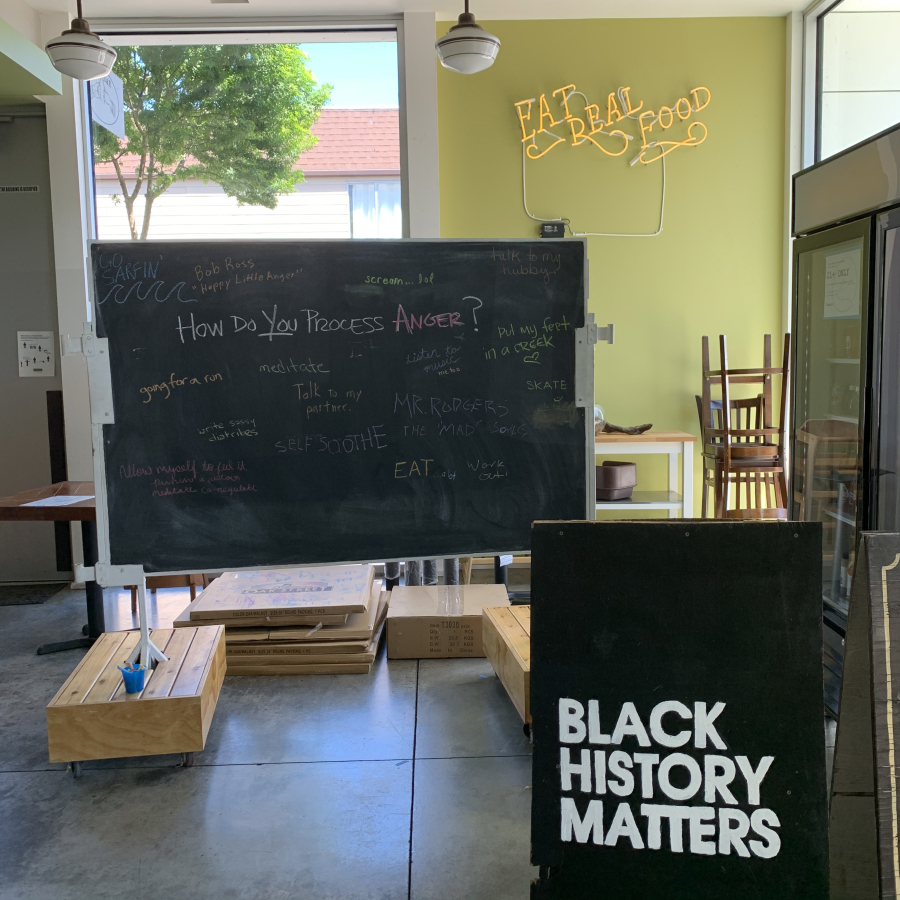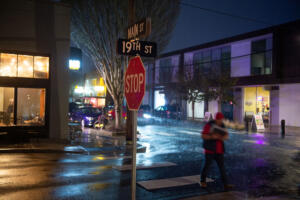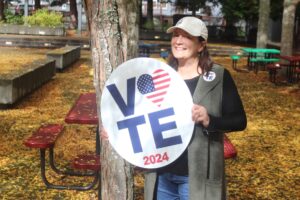On the night of June 27, a patron left 54-40 Brewing Company in Washougal after drawing a racist symbol on a napkin, obviously meant to be discovered by a staff member.
Not surprisingly, owners Bolt and Amy Minister didn’t take kindly to that deed. They sent a strong and swift message by declaring that there is absolutely no place for discrimination of any kind in their establishment.
“We built 54-40 to be a place to bring people together, not to divide (or) allow for actions of hate,” they wrote on the brewery’s Facebook page the next day. “If for one second anyone believes that this is something we can or will tolerate, (they) are mistaken.”
The Ministers also announced that “54-40 will work to actively provide support to those that can best bring about positive changes within our community by hosting fundraisers for causes and being a safe space where conversations on racism and social equity can be had.”
“We want to help be an active agent of change in our community,” they wrote, “and are committed to creating a safe and equitable future where Black voices thrive in our community and beyond.”





